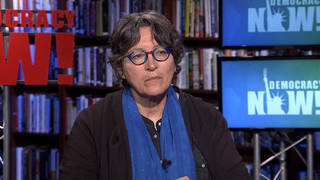Coca-Cola Company says it will change the way it markets soft drinks at schools. The company’s action comes in the face of threats of broader government regulation and scientific evidence that its products can lead to health problems. The Atlanta-based soft drink maker said today it will begin loading healthier drinks into vending machines alongside sodas, covering up giant logos and advocating nonexclusive deals with bottlers and school districts. The announcement comes a month after the Agriculture Department criticized schools that raise money by selling sodas and snacks on campus, saying they were sending mixed messages about nutrition. The department asked Congress for authority to regulate what foods and beverages can be sold in schools. A U.S. study published last month in The Lancet, a leading British medical journal, said an extra soft drink a day gives a child a 60% greater chance of becoming obese. A recent report by the Center for Science in the Public Interest said drinking sodas also puts teenagers at a higher risk of osteoporosis, tooth decay and other conditions. An estimated 200 school districts nationwide have contracts with soft drink companies that give them exclusive rights to sell their products in schools. Such contracts have become a popular source of income for many cash-strapped schools.
Hi there,
If you think Democracy Now!’s reporting is a critical line of defense against war, climate catastrophe and authoritarianism, please make your donation of $10 or more right now. Today, a generous donor will DOUBLE your donation, which means it’ll go 2x as far to support our independent journalism. Democracy Now! is funded by you, and that’s why we’re counting on your donation to keep us going strong. Please give today. Every dollar makes a difference—in fact, gets doubled! Thank you so much.
-Amy Goodman
Hi there,
If you think Democracy Now!’s reporting is a critical line of defense against war, climate catastrophe and authoritarianism, please make your donation of $10 or more right now. Today, a generous donor will DOUBLE your donation, which means it’ll go 2x as far to support our independent journalism. Democracy Now! is funded by you, and that’s why we’re counting on your donation to keep us going strong. Please give today. Every dollar makes a difference—in fact, gets doubled! Thank you so much.
-Amy Goodman
Non-commercial news needs your support.
We rely on contributions from you, our viewers and listeners to do our work. If you visit us daily or weekly or even just once a month, now is a great time to make your monthly contribution.
Please do your part today.
Most popular
- 1
- 2
- 3
- 4
Non-commercial news needs your support
Please do your part today.










